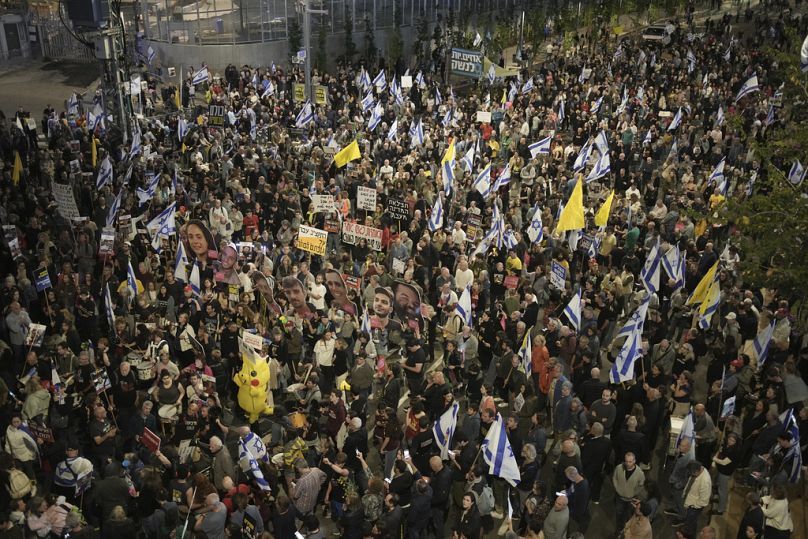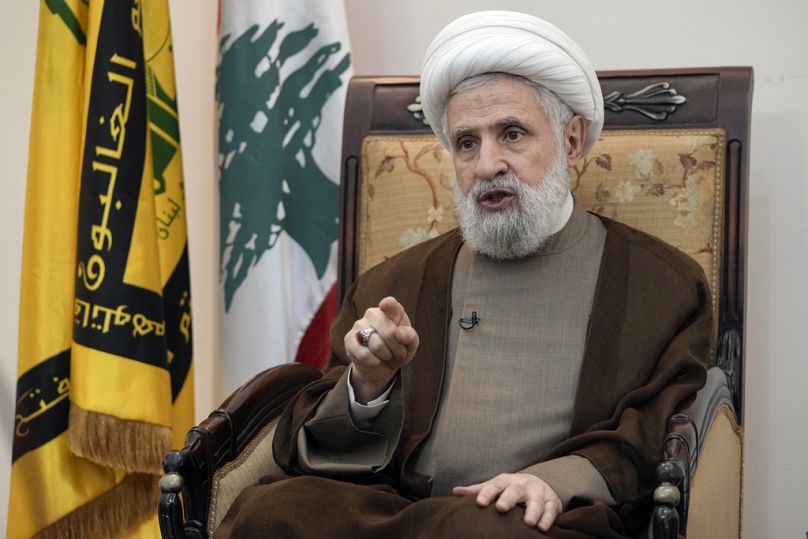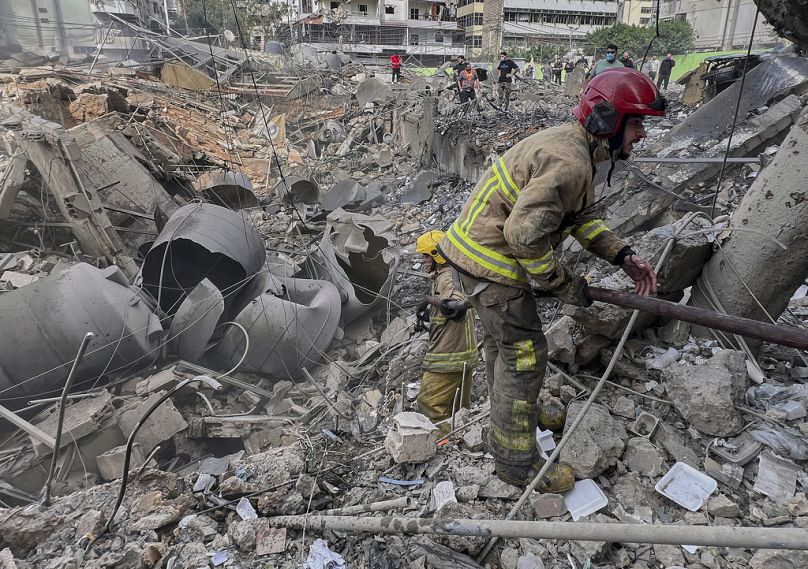The Israeli military has announced an escalation of its ground offensive in the southern region of the Gaza Strip late on Saturday.
Forces have advanced into the al-Jenine neighbourhood of Rafah as part of their initiative to create a buffer zone to “expand the security area” along the borders.
The IDF says its troops are continuing to successfully dismantle Hamas infrastructure and targets elsewhere in Gaza. In a post on X, they announced that several Hamas targets, including weapons depots, rocket launchers and buildings serving as military outposts were destroyed.
They added that the strikes also killed several Hamas fighters and combatants associated with the Gaza-based group.
Efforts to reinstate Gaza ceasefire continue
Meanwhile, Hamas announced on Friday that it had accepted a new ceasefire proposal from mediators Qatar and Egypt. Israel on the other hand noted that it had offered a counter-proposal in “full coordination” with the third mediator – the United States.
Egypt early in the week made a proposal to get the troubled ceasefire back on track, following Israel’s surprise resumption of fighting. It was not immediately clear whether the proposal changed before Khalil al-Hayyah, the leader of Hamas, announced it had been accepted.
An Egyptian official described the proposal to The Associated Press, saying Hamas would release five living hostages – including an American-Israeli – from Gaza in return for Israel allowing aid into the territory, a weekslong pause in fighting and freeing hundreds of Palestinian prisoners.
The office of Israeli Prime Minister Benjamin Netanyahu gave no further details about their counter-proposal, which it said was offered after Netanyahu held consultations on Friday.

Israel resumed its offensive on Gaza almost two weeks ago after it ended its ceasefire with Hamas by launching a surprise wave of air strikes, killing hundreds of people.
Netanyahu has vowed to escalate the violence until Hamas returns the 59 hostages it still holds – 24 of them believed to be alive. Israel also wants Hamas to disarm, give up power and send its leaders into exile.
Hamas says it will only release the remaining captives in exchange for Palestinian prisoners, a full Israeli withdrawal from the enclave and a lasting ceasefire to end more than 15-months of fighting.
The war on Gaza has killed more than 50,000 people, according to the Hamas-run Gaza Health Ministry. The ministry does not specify how many were civilians or combatants, but a UN study has revealed that close to 70% of deaths they’ve been able to verify were women and children.
Hezbollah promises response if Israel doesn’t cease hostilities
The leader of Lebanon’s Hezbollah group, Naim Kassem, warned on Saturday that if Israel’s attacks on Lebanon continue and the Lebanese state does not act to stop them, the group will eventually resort to other alternatives.
Naim Kassem’s comments came a day after Israel launched an attack on Lebanon’s capital for the first time since a ceasefire ended the latest Israel-Hezbollah war in November.

The strike on Beirut came hours after two rockets were fired from Lebanon toward Israel and Hezbollah denied it fired them. There was no immediate response from Israeli officials.
Israeli forces were meant to fully withdraw from all Lebanese territory by late January, while Hezbollah had to end their military presence south of the Litani River alone the border with Israel under the US-brokered ceasefire that ended the 14-month Israeli-Hezbollah war.
The deadline was extended to 18 February, but Israel has remained in five border locations while carrying out dozens of strikes on what it said were Hezbollah targets in southern and eastern Lebanon.

“We fully complied and we have no presence south of the Litani but Israel did not abide. Israel is carrying aggressions every day,” Kassem said in his televised speech Saturday night.
Last week, Israeli airstrikes on several locations in Lebanon killed six people while an airstrike on a southern village on Friday killed three and wounded 18, most of them women and children.
“Our patience so far aims to give a chance to solutions that could reduce the pains and casualties,” Kassem said.







